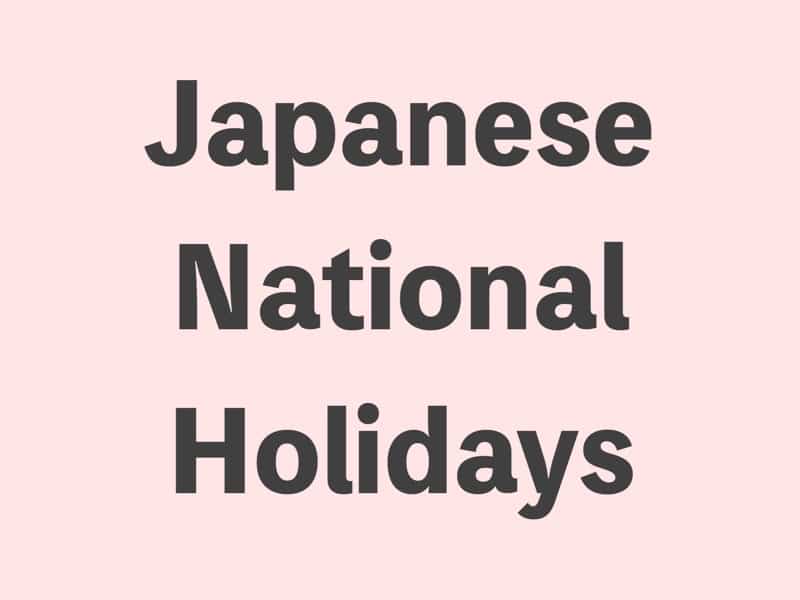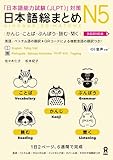Japan is a country rich in tradition and culture, and its national holidays reflect this diversity. From New Year’s celebrations to unique festivals like Golden Week and Obon, each holiday offers a glimpse into Japan’s vibrant heritage. Whether you’re planning a trip or simply curious about Japanese customs, this guide provides a comprehensive list of national holidays, their significance, and how they are celebrated.
- List
- New Year’s Day (元日 – Ganjitsu)
- Coming-of-Age Day (成人の日 – Seijin no Hi)
- National Foundation Day (建国記念の日 – Kenkoku Kinen no Hi)
- The Emperor’s Birthday (天皇誕生日 – Tennō Tanjōbi)
- Spring Equinox Day (春分の日 – Shunbun no Hi)
- Showa Day (昭和の日 – Shōwa no Hi)
- Constitution Memorial Day (憲法記念日 – Kenpō Kinenbi)
- Greenery Day (みどりの日 – Midori no Hi)
- Children’s Day (こどもの日 – Kodomo no Hi)
- Marine Day (海の日 – Umi no Hi)
- Mountain Day (山の日 – Yama no Hi)
- Respect for the Aged Day (敬老の日 – Keirō no Hi)
- Autumnal Equinox Day (秋分の日 – Shūbun no Hi)
- Health-Sports Day (スポーツの日 – Supōtsu no Hi)
- Culture Day (文化の日 – Bunka no Hi)
- Labour Thanksgiving Day (勤労感謝の日 – Kinrō Kansha no Hi)
- JLPT Textbook Recommendations
List
| January 1 | New Year’s Day | 元日 (ganjitsu) |
| Second Monday of January | Coming-of-Age Day | 成人の日 (seijin no hi) |
| Feburary 11 | National Foundation Day | 建国記念の日 (kenkoku kinen no hi) |
| February 23 | The Emperor’s Birthday | 天皇誕生日 (tennō tanjōbi) |
| Around March 20-21 | Spring Equinox Day | 春分の日 (shunbun no hi) |
| April 29 | Showa Day | 昭和の日 (shōwa no hi) |
| May 3 | Constitution Memorial Day | 憲法記念日 (kenpō kinenbi) |
| May 4 | Greenery Day | みどりの日 (midori no hi) |
| May 5 | Children’s Day | こどもの日 (kodomo no hi) |
| Third Monday of July | Marine Day | 海の日 (umi no hi) |
| August 11 | Mountain Day | 山の日 (yama no hi) |
| Third Monday of September | Respect for the Aged Day | 敬老の日 (keirō no hi) |
| Around September 22-23 | Autumnal Equinox Day | 秋分の日 (shūbun no hi) |
| Second Monday of October | Health-Sports Day | スポーツの日 (supōtsu no hi) |
| November 3 | Culture Day | 文化の日 (bunka no hi) |
| November 23 | Labour Thanksgiving Day | 勤労感謝の日 (kinrō kansha no hi) |
New Year’s Day (元日 – Ganjitsu)
- Date: January 1
- Significance: Marks the beginning of the new year in Japan, one of the most significant holidays. It is traditionally celebrated with family gatherings, special meals known as お節料理 (osechi ryori), and visits to shrines for prayers, a practice called 初詣 (hatsumode).
Additional Information:
Most companies in Japan close for the New Year holiday, giving employees time off from the end of December until January 3. This period is known as 三が日 (sanganichi), which refers to the first three days of January. These days are considered particularly important for rest, family time, and traditional New Year’s customs.
Coming-of-Age Day (成人の日 – Seijin no Hi)
- Date: Second Monday of January
- Significance: Celebrates young people who have reached the age of maturity (20 years old) in the past year. Ceremonies are held nationwide, and participants often wear traditional attire like kimono.
National Foundation Day (建国記念の日 – Kenkoku Kinen no Hi)
- Date: February 11
- Significance: Commemorates the founding of Japan by the first emperor. It is a day for reflecting on the nation’s history and achievements.
The Emperor’s Birthday (天皇誕生日 – Tennō Tanjōbi)
- Date: February 23
- Significance: Celebrates the birthday of the current Emperor.
Spring Equinox Day (春分の日 – Shunbun no Hi)
- Date: Around March 20-21
- Significance: A day to celebrate nature and living things. Many people visit family graves and hold family gatherings.
Showa Day (昭和の日 – Shōwa no Hi)
- Date: April 29
- Significance: Honors the birthday of Emperor Showa (Hirohito) and reflects on the Showa era. It marks the start of Golden Week, a series of consecutive holidays.
Constitution Memorial Day (憲法記念日 – Kenpō Kinenbi)
- Date: May 3
- Significance: Celebrates the promulgation of Japan’s post-war constitution in 1947. It is a day for reflecting on democracy and government.
Greenery Day (みどりの日 – Midori no Hi)
- Date: May 4
- Significance: Dedicated to the appreciation of nature and the environment. It encourages outdoor activities and environmental awareness.
Children’s Day (こどもの日 – Kodomo no Hi)
- Date: May 5
- Significance: Celebrates the health and happiness of children. Families display carp streamers (koinobori) and samurai dolls to symbolize strength and success.
Marine Day (海の日 – Umi no Hi)
- Date: Third Monday of July
- Significance: Honors the importance of the ocean and maritime activities. Many people visit the beach or participate in water-related events.
Mountain Day (山の日 – Yama no Hi)
- Date: August 11
- Significance: Celebrates Japan’s mountains and encourages outdoor activities like hiking and mountain climbing.
Additional Information:
Mountain Day often coincides with Obon Yasumi (お盆休み), a traditional holiday period in mid-August. Obon is a time when many Japanese people return to their hometowns to honor their ancestors. During this period, businesses may close. Although Obon itself isn’t a national holiday, it is widely observed, and the combination of Mountain Day with Obon Yasumi gives many people an extended break.
Respect for the Aged Day (敬老の日 – Keirō no Hi)
- Date: Third Monday of September
- Significance: Honors and expresses gratitude to the elderly. It is a day for family gatherings and visits to older relatives.
Autumnal Equinox Day (秋分の日 – Shūbun no Hi)
- Date: Around September 22-23
- Significance: Similar to Spring Equinox Day, it celebrates nature and remembers ancestors with family visits to graves.
Health-Sports Day (スポーツの日 – Supōtsu no Hi)
- Date: Second Monday of October
- Significance: Promotes physical health and sports. Many schools and communities hold sports festivals (運動会: undokai).
Culture Day (文化の日 – Bunka no Hi)
- Date: November 3
- Significance: Celebrates Japan’s culture, arts, and academic achievements. Cultural exhibitions, parades, and award ceremonies are common.
Labour Thanksgiving Day (勤労感謝の日 – Kinrō Kansha no Hi)
- Date: November 23
- Significance: Honors labor and production, and gives thanks for workers’ efforts. It is similar to Thanksgiving in the spirit of gratitude, though without the feasting.





コメント